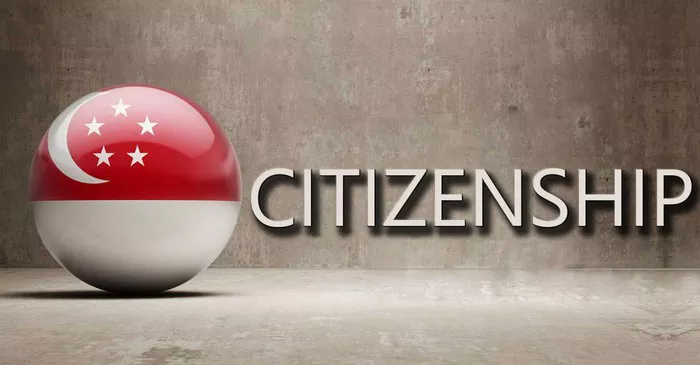In recent years, Singapore has emerged as a highly sought-after destination for individuals looking to migrate. With its strong economy, efficient governance, diverse culture, and high standard of living, Singapore presents an attractive proposition for those considering relocation. However, the decision to migrate is a significant one, requiring careful consideration of various factors. In this article, we delve into the question: Is Singapore a good country to migrate to?
Economic Opportunities
Singapore’s robust economy is one of its most appealing features for migrants. As a global financial hub, the city-state offers a plethora of job opportunities across various industries, including finance, technology, healthcare, and logistics. The presence of multinational corporations and a conducive business environment make Singapore an attractive destination for skilled professionals seeking career advancement.
Moreover, Singapore boasts a low unemployment rate and competitive salaries, ensuring that migrants can enjoy financial stability and upward mobility. The government’s pro-business policies, coupled with its emphasis on innovation and entrepreneurship, create an environment conducive to economic growth and job creation.
Quality of Life
Singapore consistently ranks among the top countries in terms of quality of life. The city-state is renowned for its safety, cleanliness, and efficient infrastructure. With low crime rates and stringent laws, residents can enjoy a secure environment conducive to raising families and pursuing personal interests.
Furthermore, Singapore offers world-class healthcare and education systems, making it an ideal destination for families. The availability of top-notch medical facilities and reputable schools ensures that residents have access to high-quality services that contribute to their overall well-being and development.
Cultural Diversity
Singapore’s multicultural society is a melting pot of diverse ethnicities, languages, and religions. The city-state celebrates its rich heritage through various cultural festivals, cuisine, and traditions, providing migrants with ample opportunities to immerse themselves in a vibrant and inclusive community.
Moreover, Singapore’s cosmopolitan nature fosters cross-cultural exchange and understanding, enriching the social fabric of the country. Migrants can expect to interact with people from all walks of life and build meaningful connections in this dynamic and diverse environment.
Political Stability and Governance
Singapore’s stable political environment and efficient governance are key factors contributing to its attractiveness as a migration destination. The country has a well-established legal system, transparent regulatory framework, and zero tolerance for corruption, ensuring that residents can enjoy peace of mind and confidence in the rule of law.
The government’s long-term strategic planning and forward-looking policies have enabled Singapore to overcome various challenges and emerge as a global leader in areas such as urban planning, sustainability, and technology adoption. Migrants can benefit from the country’s forward-thinking approach and commitment to creating a conducive environment for growth and prosperity.
Challenges and Considerations
While Singapore offers numerous advantages for migrants, it is essential to acknowledge the challenges and considerations associated with relocation. The high cost of living, limited space, and competitive housing market are factors that prospective migrants should take into account when planning their move to Singapore.
Additionally, Singapore’s stringent immigration policies and selective approach to granting residency and citizenship may pose hurdles for some individuals seeking to migrate to the country. It is crucial for migrants to familiarize themselves with the immigration requirements and eligibility criteria to make informed decisions about their relocation plans.
Furthermore, adapting to a new culture and lifestyle can be a daunting experience for migrants, especially those from vastly different backgrounds. While Singapore is known for its cosmopolitanism and tolerance, newcomers may encounter cultural differences and social nuances that require adjustment and acclimatization.
Conclusion
In conclusion, Singapore presents a compelling case as a good country to migrate to, offering a unique blend of economic opportunities, quality of life, cultural diversity, and political stability. With its thriving economy, world-class infrastructure, and multicultural society, Singapore provides migrants with a conducive environment for personal and professional growth.
However, prospective migrants should carefully consider the challenges and considerations associated with relocation, including the high cost of living, immigration policies, and cultural adaptation. By conducting thorough research and seeking professional guidance, individuals can make informed decisions about whether Singapore is the right destination for their long-term aspirations.
Ultimately, the decision to migrate is a deeply personal one that depends on individual circumstances, preferences, and goals. For those seeking a dynamic and vibrant environment to pursue their ambitions and build a fulfilling life, Singapore undoubtedly holds significant promise as a destination worth considering.


